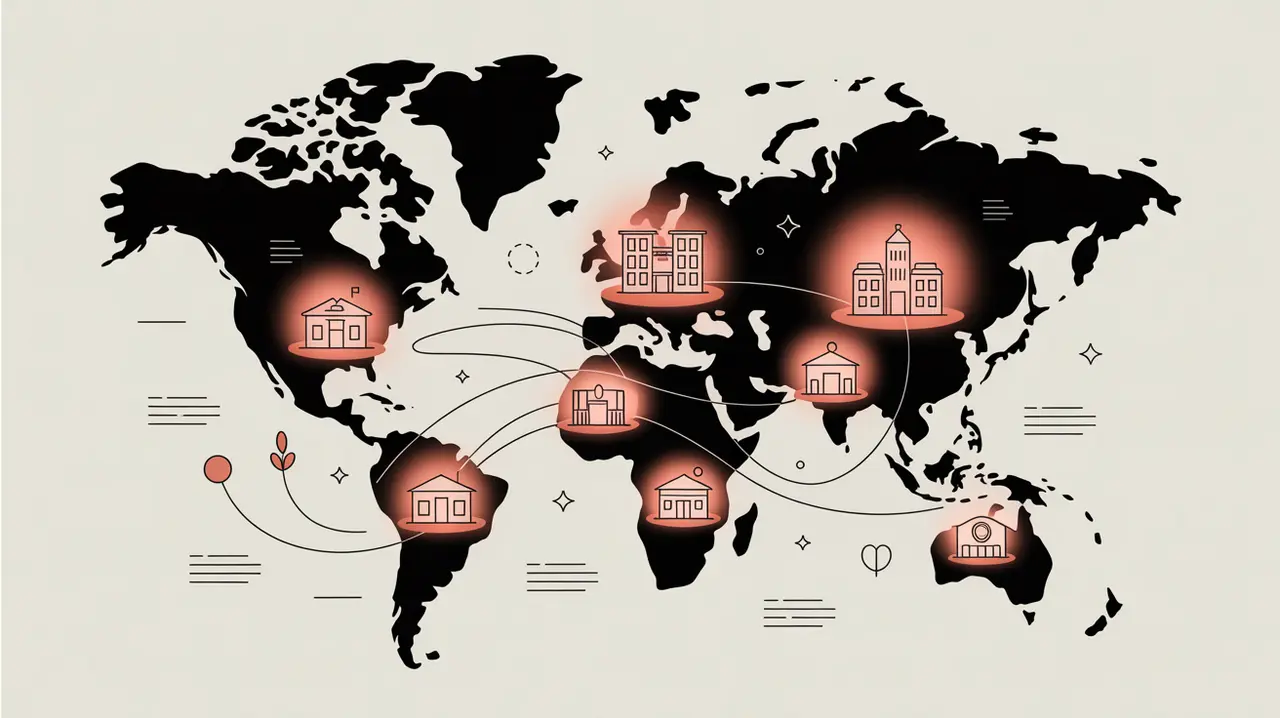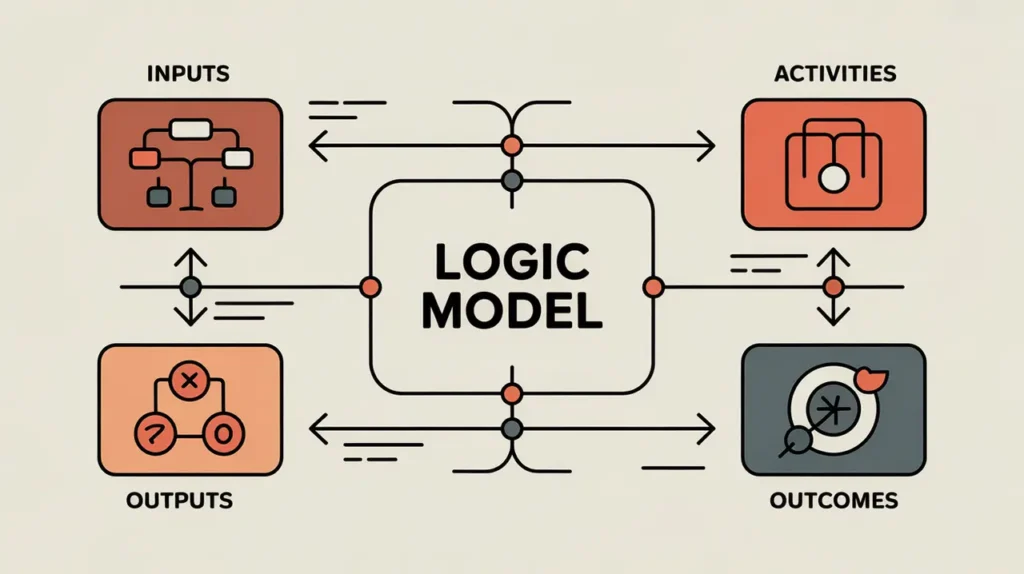Importance of Localization / Localization 2.0
Localization emphasizes shifting power, resources, and decision-making closer to the communities directly affected by development and humanitarian work. It is important because global systems have historically concentrated authority in international institutions, leaving local actors underfunded and undervalued. In development and social innovation, localization matters because it improves relevance, accountability, and sustainability. Localization 2.0 extends the idea by moving beyond resource transfer to deeper systemic reform, centering proximate leadership, equity, and structural change.
Definition and Features
Localization refers to the process of ensuring that local organizations, leaders, and communities play central roles in shaping and delivering interventions. Its defining features include:
- Resource Shifting – moving funding closer to local implementers.
- Capacity Building – strengthening skills and institutions at the community level.
- Contextual Relevance – adapting strategies to local knowledge and realities.
- Accountability – increasing responsibility to communities rather than only to donors.
Localization 2.0 builds on these principles and pushes further:
- Power Redistribution – restructuring decision-making authority so proximate actors lead.
- Systemic Reform – rethinking global aid architectures, funding flows, and governance norms.
- Equity Orientation – prioritizing justice and fairness in partnerships.
- Narrative Change – moving from “capacity gaps” to recognizing local expertise as central.
How this Works in Practice
In practice, localization may involve channeling more donor funding directly to national NGOs or community-based organizations, or ensuring local leadership in program design. Localization 2.0 goes further, as seen in movements like #ShiftThePower, which call for a fundamental rebalancing of how philanthropy and development are structured. For example, instead of subcontracting local groups, funders create direct partnerships where local actors set priorities and measure success on their terms. Challenges include entrenched power dynamics, donor compliance requirements, and risks of tokenistic participation.
Implications for Social Innovation
Localization and Localization 2.0 strengthen social innovation by ensuring that solutions are rooted in proximity, agency, and equity. For practitioners, they provide legitimacy, ownership, and contextual relevance. For funders, they call for new practices of trust-based and collaborative philanthropy, with long-term commitments to structural change. Localization can evolve from a transfer of delivery to a transformation of power, unlocking the full potential for durable progress.







